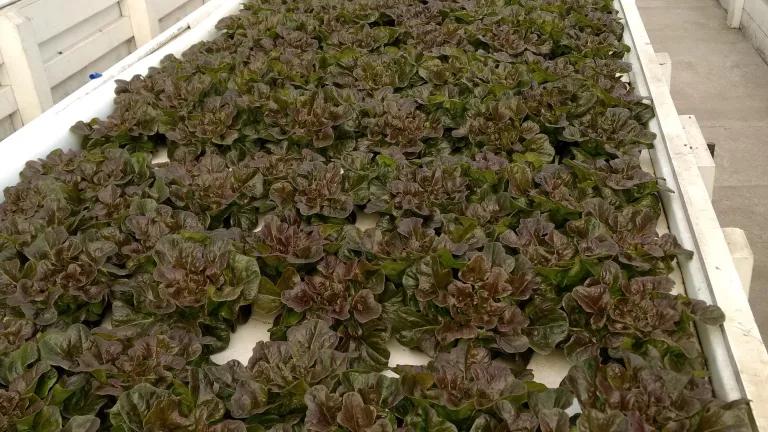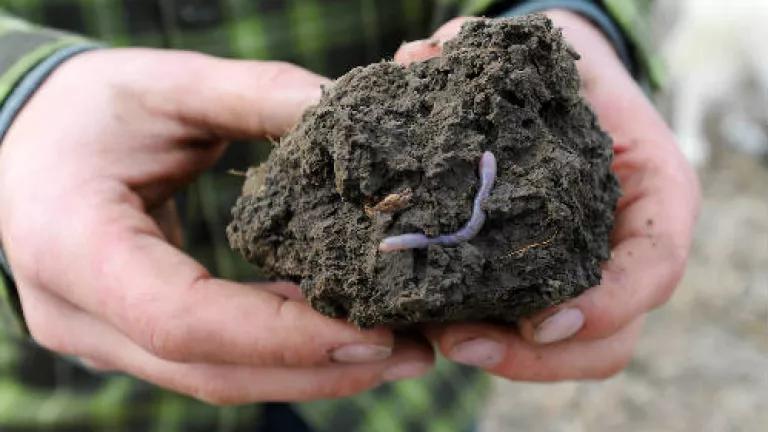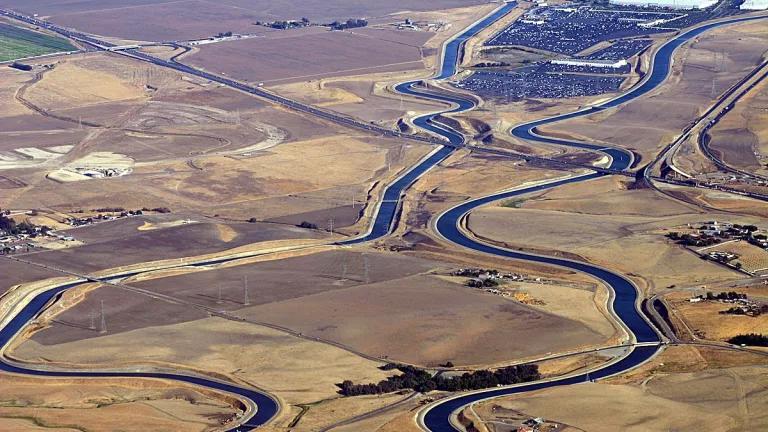Cities Convene in Denver to Share Food Waste Solutions

In partnership with the Urban Sustainability Directors Network (USDN) and the City and County of Denver, this week marks NRDC’s second Food Matters Cities Summit in Denver, Colorado. Summit participants include city staff and municipal stakeholders from 23 different US cities as well as several external partners and thought leaders.
The inaugural Food Matters Cities Summit proved that when you convene city actors for two days, conversations spark innovation and tangible solutions can be workshopped and refined. At the second Summit we continue to deepen networks and share knowledge as cities strategize to turn the dial on food waste reduction and increased food rescue. The Summit is providing city staff and partners with in-person opportunities to discuss sustained action on the strategies that each city is pursuing, explore long-term outcomes, and create professional connections with cross-city staff.
Denver is excited to welcome attendees as a host. Attendees will get a deep dive into the strategies that both model cities, Denver and Baltimore have been implementing.
On the first day of the Summit, attendees will get to participate in a 3-stop site tour around Denver where they will visit the following locations:
- First stop is A1 Organics Rattler Ridge Composting Facility in Keenesburg, CO to see where all the municipal compost for the City and County of Denver, and much of Colorado’s Front Range, is processed. A1 Organics is the leader in Colorado for organics recycling and natural soil amendment solutions. They produce high-quality, certified compost and mulch at regulated, permitted facilities along the Colorado Front Range. Currently A1 recycles over 375,000 tons of organic material a year!
- Next, attendees will get a tour of The Growhaus, a resident-driven community hub for food distribution, food education, food production, and economic opportunity. The GrowHaus serves neighborhoods that lack basic access to healthy food, using food as a lens to grow healthy, thriving communities. NRDC’s Food Matters Funds Awards has helped to support The GrowHaus’ Cosechando Salud (Harvesting Health), a weekly no-cost grocery program and cooking class using rescued food.
- The last stop on the tour is to MetroCaring. As Denver's frontline anti-hunger organization, Metro Caring works with the Denver community to meet people’s immediate need for nutritious food while building a movement to address the root causes of hunger. Metro Caring knows hunger is a symptom of larger problems—such as a lack of affordable housing, high cost of healthcare, or non-living-wage jobs—so it added programming including nutrition education, gardens and urban farming, economic development, and community empowerment in an effort to confront the root causes that can lead to or contribute to food insecurity.
At the Summit we will share our newly created tools for cities to implement food waste strategies outlined in our toolkit and beyond, featured on the Food Matters webpage. The new Food Matters page serves as the platform for resource sharing and easily accessible technical support. Each tool, developed with input and partnership from Food Matters cities, includes an easy-to-use guide and step-by-step suggestions, examples and case studies on strategies ranging from restaurant food waste challenges to using NRDC’s Save The Food campaign in cities. Cities and other technical actors working to reduce food waste across other sectors can use and easily adapt these tools as they develop a food waste reduction strategy. If you use our tools and have feedback let us know by emailing foodmatters@nrdc.org.




